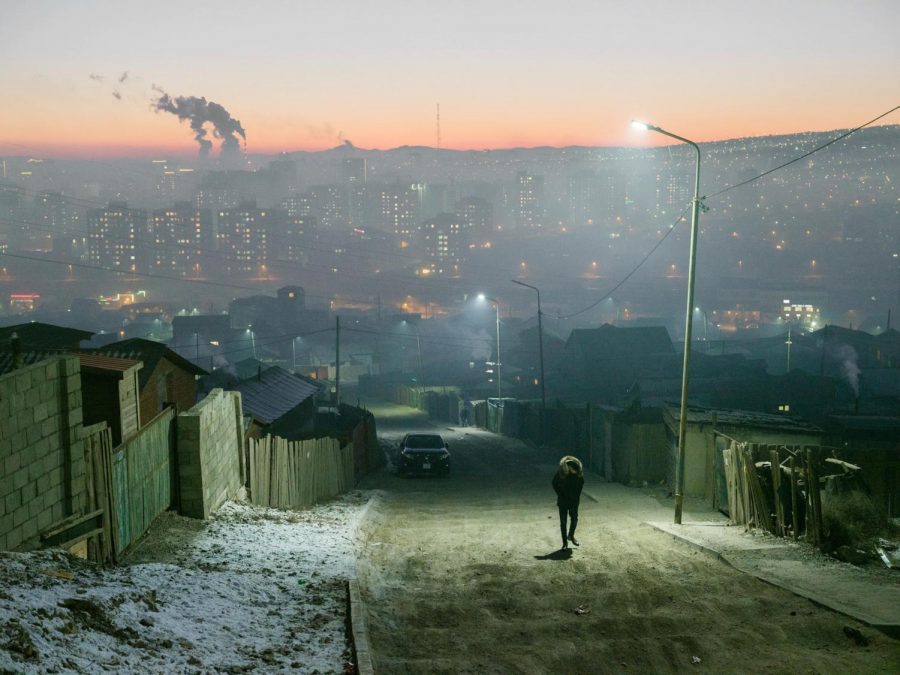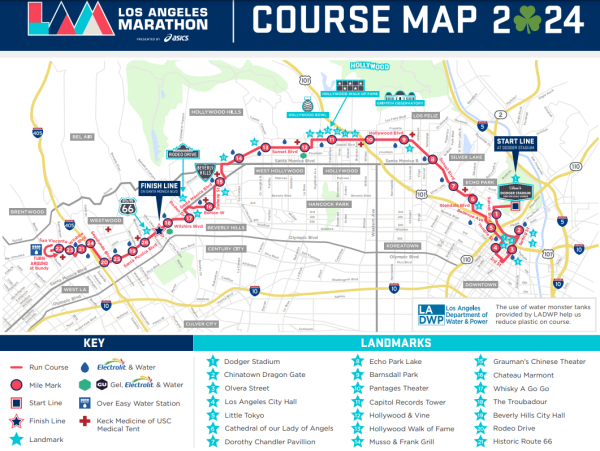Air Pollution: A Pandemic in Slow Motion
Courtesy of National Geographic
Air pollution kills 7 million people each year and is often overlooked as a cause of death.
May 24, 2021
Air pollution is continuing to get worse as time goes on. Many sources cause air pollution, but it is mostly caused by the burning of fossil fuels in order to power vehicles and facilities. As the world’s population continues to rise, more energy is used, which results in more air pollution. This is especially true in populated areas such as India. Air pollution is harming humans’ health and is, as Jyoti Pande Lavakare describes it, “a pandemic in slow motion.”
The World Health Organization (WHO) states that seven million people die from air pollution each year. Their studies show that nine out of ten people breathe air that exceeds their air quality guidelines, which means that a majority of the world’s population is affected by air pollution. Piper Guyton (10) says that she was “surprised that so many people are breathing unhealthy air.” The WHO also states that air pollution leads to several severe health conditions including pneumonia, bronchitis, heart disease, and lung cancer.
On April 17, 2021, John Hopkins University officially announced that three million people had died from COVID-19 worldwide. Although COVID-19 has killed less than half as many people as the WHO predicts to be killed from air pollution each year, deaths from COVID-19 are much more widely recognized today. Air pollution is usually not recognized as a significant factor that causes deaths since its effects on health are not immediately obvious, making them easily overlooked. In fact, air pollution is not listed as the cause of death on death certificates. However, air pollution will continue to harm humans whether we notice it or not. The US National Library of Medicine states that people who live in areas where air pollution is high are more vulnerable to the virus. Air pollution weakens people’s immune systems and lungs, so people with COVID-19 will be more susceptible to have worse symptoms if they live in heavily polluted areas.
People can do many things to reduce air pollution in the areas where they live and in places around the world. Simple individual actions such as walking instead of driving, turning off lights when not in a room, and recycling can help reduce air pollution. Even though people may think that what they do will not have any significant effect on reducing pollution, their efforts to do so can inspire others to take the same actions, which can lead to a safer, cleaner, and less polluted world.






















Fiona Salisbury • Jun 7, 2021 at 9:27 PM
I was really shocked to read that around seven million people die from air pollution to each year. This is a really concerning issue. Great article!
Karina Shah • Jun 6, 2021 at 5:44 PM
This is SUCH a pressing issue and change definitely needs to be made for the future of the earth! Nice job, Tiana.
danielle huizar • Jun 3, 2021 at 8:02 AM
This is a great article that illustrates the negative effects of Air Pollution! I took AP Environmental Science this year, and this article was extremely informational!
Kayden Mandley • May 31, 2021 at 2:10 PM
Something definitely needs to be done about the air pollution. This a very well written and informational article, Tiana. Nice job!
Sharon Sun • May 30, 2021 at 2:11 AM
I definitely recall a while back about India and China’s air pollution crises, but it had slipped my mind before. Honestly, I can understand Piper’s view about this — in Yorba Linda and Anaheim, our weather app shows us that our areas have such great quality air that I feel that our fortune to live in these clean places blinds us to the disasters that poorer citizens suffer overseas. Great writing Tiana!
faith desio • May 25, 2021 at 7:27 AM
Great job on the article and especially your title! I agree with you and think that this is a very serious problem that needs to be recognized. Thank you 🙂